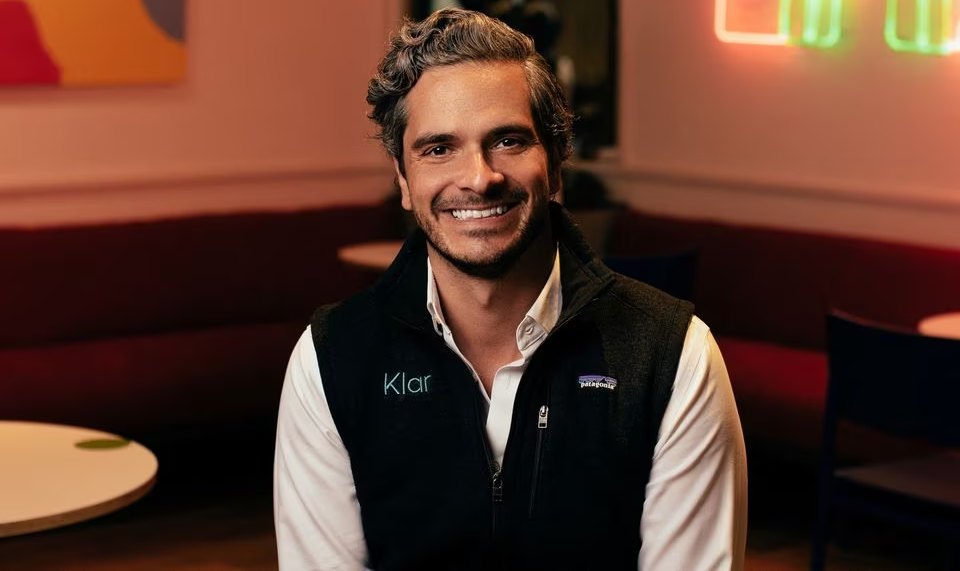Mexican fintech startup Klar raises $100 million in debt financing to expand its footprint

Apart from generative AI startups, technology startups have been facing difficulties in obtaining funding ever since the Federal Reserve began raising interest rates in the latter part of last year. The situation has been worsened by the unfortunate collapse of Silicon Valley Bank, a primary funding source for the majority of startup companies.
As a result, these startups have found themselves in the position of needing to secure new funding through debt facilities. The most recent example of this is the Mexican fintech startup, Klar.
Today, Klar announced it has secured $100 million in funding through a debt facility arrangement with investment firm Victory Park Capital to fuel the expansion of its loan portfolio within a nation where limited access to credit is prevalent among its residents.
“This will let us provide better offers to our users, whether that’s larger credit lines or reduced interest rates,” CEO Stefan Moller said in an interview ahead of the announcement.
Moller further stated that Klar, which presently offers payment services, investment accounts, and loans to approximately 2.4 million people, plans to use the new capital infusion to expand its user base.
Mexico “is a really green market” in terms of market potential,” he added, underlining that approximately 90% of Mexicans lack access to credit cards, and around 50% are without a bank account.
The CEO elaborated on Klar’s current offerings, noting that they currently extend credit lines ranging from 1,000 pesos ($58.67) to 30,000 pesos ($1,760.24). However, the company is actively considering pushing the boundaries by “experimenting” with loans up to 40,000 pesos, Reuters reported.
“Every three months we re-evaluate the size of the (credit) line,” Moller explained. “But we want to look at speeding that up, lowering it from every three months to every month.”
Regarding the expansion of credit lines, Moller mentioned that Klar is in the process of determining the proportion of accounts that could be eligible for accelerated expansions. While he refrained from disclosing the precise average loan target and projected number of clients by year-end, he acknowledged the company’s ongoing efforts to fine-tune these aspects.
In recent years, a slew of fintech companies offering similar services has emerged in Mexico, posing a challenge to the traditional banking establishment that has encountered customer dissatisfaction.
“This market hasn’t been tended to,” Moller said. “We’re still in a market where credit penetration and consumer credit penetration is much lower than it should be compared to economic development indicators.”

